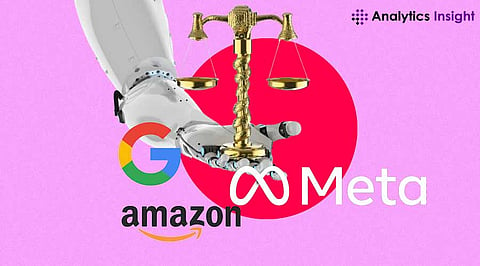

As Donald Trump begins his second term as U.S. President, the European Union remains steadfast in its commitment to regulating Big Tech giants like Apple, Alphabet, Meta, and the newly renamed X (formerly Twitter).
Despite mounting criticism from U.S. business influencers and pushback from Trump supporters, the EU is pressing forward with its antitrust investigations, aiming to enforce fair competition and accountability under landmark laws like the Digital Markets Act (DMA) and Digital Services Act (DSA). These efforts highlight the EU’s resolve to balance technological advancement with equitable digital practices, irrespective of political changes across the Atlantic
The EU’s regulatory initiatives are scrutinizing prominent cases under the Digital Markets Act (DMA) and the Digital Services Act (DSA). These laws set rigorous standards for Big Tech companies across sectors, focusing on antitrust enforcement, content moderation, and ensuring fair competition.
Mark Zuckerberg has likened the EU’s measures to imposing a "tariff" on American companies, while Elon Musk has openly clashed with EU authorities over the regulations. Despite such criticism, the EU remains resolute. Thierry Breton, the former industry commissioner, emphasized, “Regulation is in no way censorship, contrary to what its opponents constantly claim.”
Big Tech companies are pressuring Trump’s administration, which seeks to reduce EU regulation effects. The Financial Times has reported that some enforcement activities might be slowed down but EU Commissioner Henna Virkkunen is confident that the investigations go on unabated.
Recent actions demonstrate the EU’s ability to enforce its rules. For instance, Meta was fined €800 million for antitrust violations, underscoring the EU’s resolve. Meanwhile, cases involving Apple and X are still under investigation, showcasing the complexities of regulating Big Tech.
As the EU tries to foster technological advancement while preventing excesses, its drive towards controlling the operations of Big Tech ties into a focal point of making the digital economy more equitable. Since many cases are still ongoing, we will see more dramatic years in terms of the cooperation or confrontation between world technology leaders and governmental bodies.
